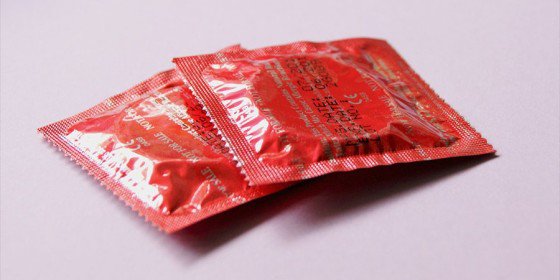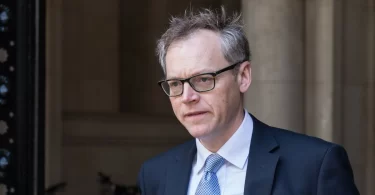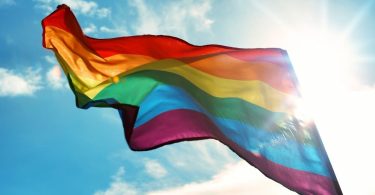
In 2016, New Zealand had the most new HIV diagnoses since the AIDS crisis began in the 1980s.
New Zealand has been keeping records on how many people are diagnosed with HIV for 32 years.
Otago University’s AIDS Epidemiology Group revealed 244 people were diagnosed with HIV in New Zealand in 2016. The previous record was in 2015 when 224 people tested positive for HIV.
Of those newly diagnosed 217 were men and 17 were female. Many of the men identified as gay or bisexual.
AIDS Epidemiology Group leader Dr Sue McAllister told Stuff.co.nz people at high risk of aquiring HIV were getting tested more often. And this was one of the reasons for an increase in diagnoses.
Condom usage dropping
New Zealand AIDS Foundation director Jason Myers said the new figures were ‘worrying’.
‘The reality is no one is immune from risk. The message is really clear: if you think you have been at risk then get tested for HIV,’ he told the Gisborne Herald.
Myers said another contributing factor to the rise in diagnoses was people were using condoms less. 2014 research showed condom use was dropping amongst men who have sex with men.
He also said men travelling to neighbouring Australia were increasing their risk of acquiring HIV.
‘If we are to think about the group most impacted again we know it’s a very mobile population,’ he said.
‘Lots of gay and bisexual men, for example, having weekends in Sydney and other cities in Australia where HIV prevalence is high and coming home again.’
Prevention is key to ending HIV
The lifetime cost of treatment for someone living with HIV is $800,00. Peter Saxton, Auckland University’s Gay Men’s Sexual Health Research Group argued it is more cost effective to fund HIV preventative methods.
‘We know that we need to keep condom use levels stable, we need to increase the level of HIV testing, we need to promptly offer HIV treatment for people diagnosed,’ he told Radio New Zealand.
‘We also need to offer HIV pre-exposure prophylaxis (PrEP) to the small number of individuals who are unable to sustain condom use or are at very high risk.’






